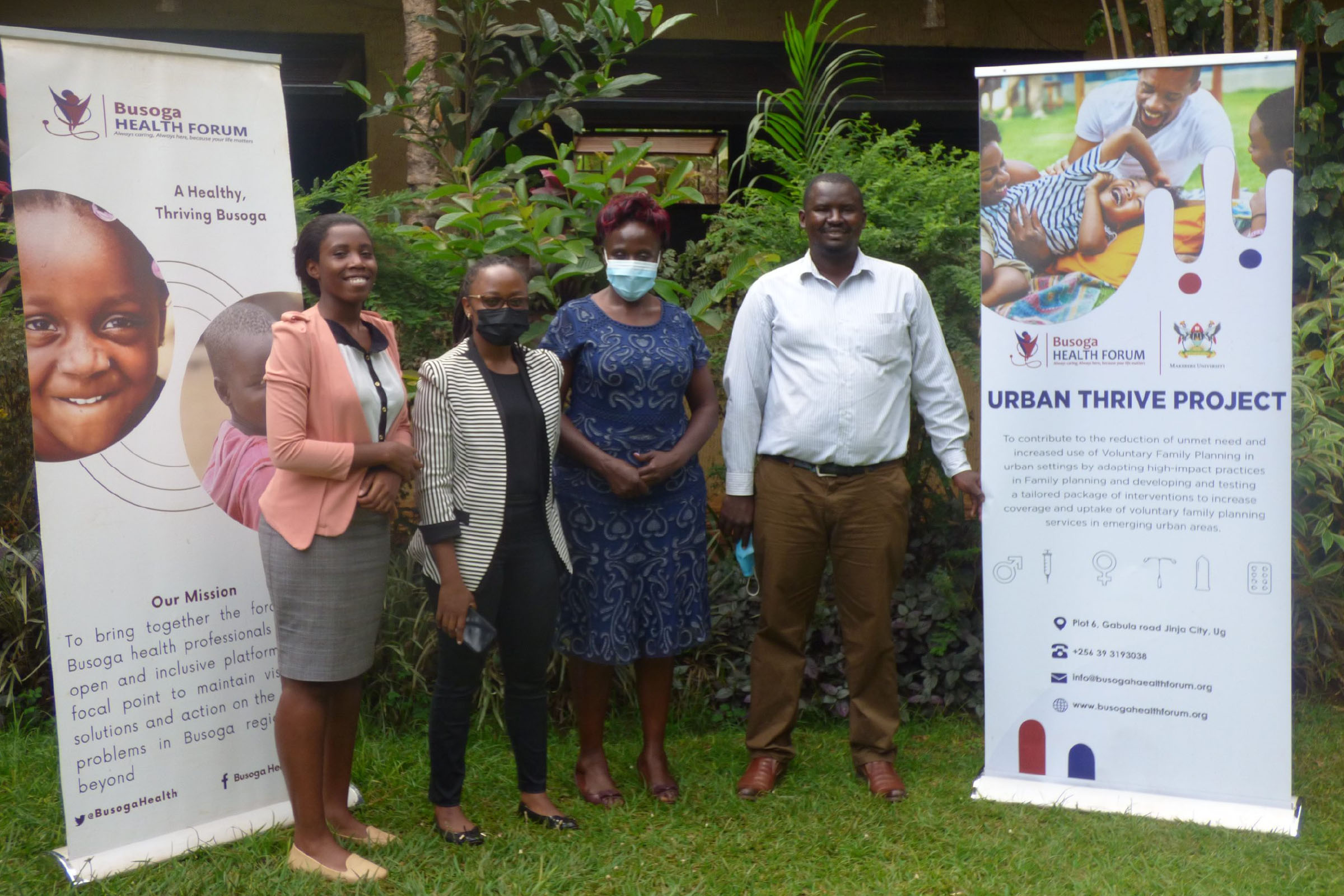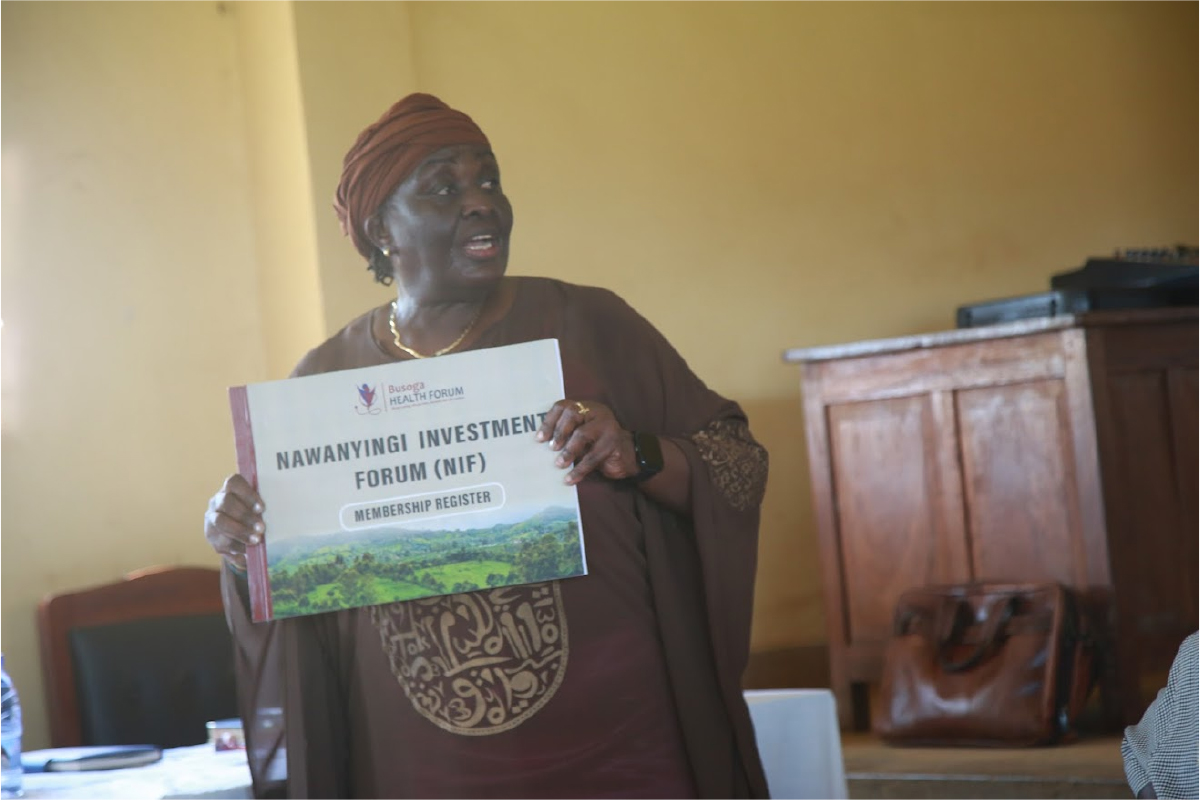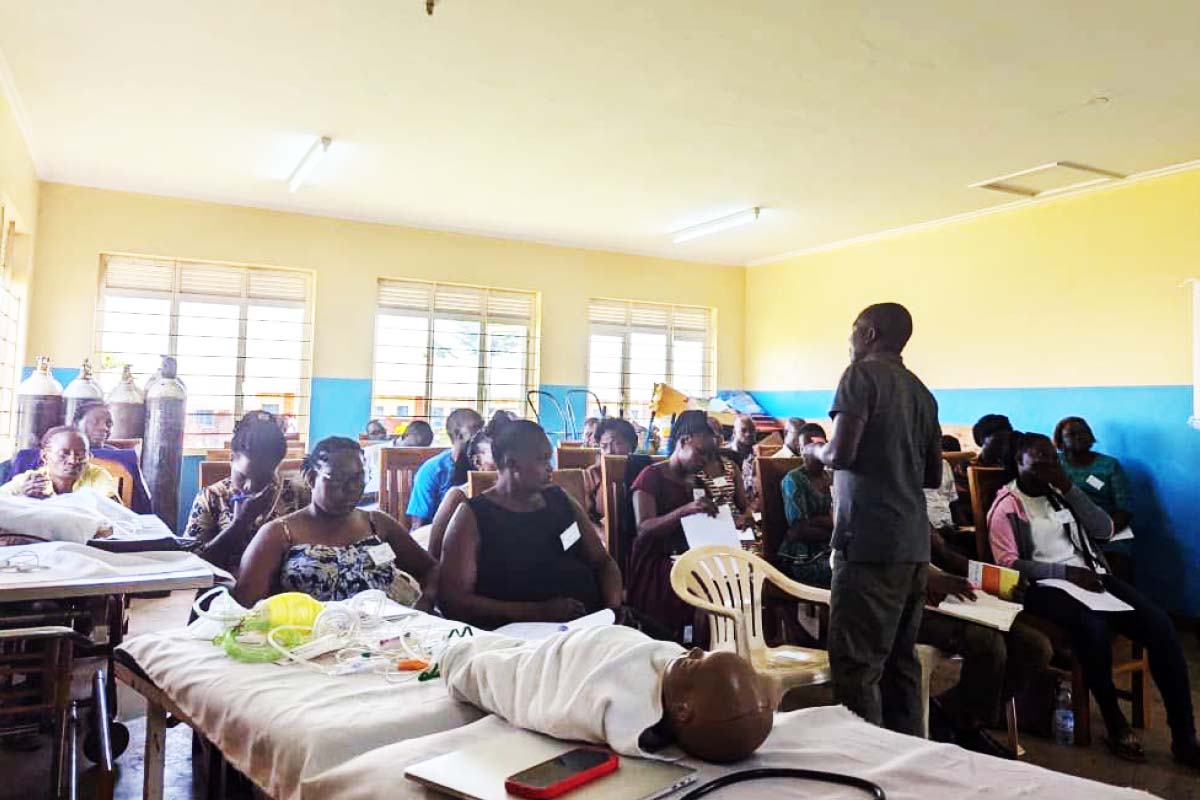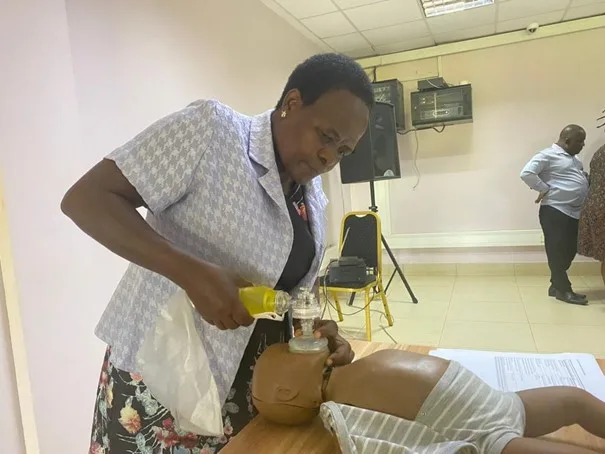
BHF trains line managers to boost supply of Family Planning services in Jinja & Iganga, Uganda
By Sarah Namutamba & Elizabeth Namara
Busoga Health Forum (BHF) in collaboration with Makerere University School of Public Health (MakSPH) with funding from the John Templeton Foundation is implementing the Urban Thrive Project. As part of the project’s baseline work, an assessment of 160 health facilities on family planning commodity supplies management was done. Of the facilities that were assessed, 82 were from Iganga town and 78 from Jinja city.
The assessment activity was aimed at identifying gaps in the supply chain management of family planning commodity supplies. The facilities assessed included public, private-for-profit, and private-not-for-profit facilities, drug shops, and pharmacies in Iganga town and Jinja City. Drug shops made up the biggest proportion of outlets at 38%, and most of them were from Iganga town.
According to the assessment report, 94% of the facilities’ respondents reported providing at least one family planning service. However, some methods such as female condoms and moon beads were only provided by a few providers. 48% of the facilities had a stock-out of at least one family planning commodity, whereas 66% had inventory discrepancies in the stock of at least one FP commodity on the day of data collection.
Insufficiencies in supply chains are attributable to various causes, including low client demand and the lack of trained staff. Strengthening the supply chains to meet the growing demand for family planning in fast-growing urban settings like Iganga Municipality and Jinja City requires systems diagnostics, supply chain redesign or adjustments, strategically located storage and distribution systems, and adequate staffing with knowledge and skills through training and better information about inventory management.
To bridge the gaps in the supply chain of family planning commodities, the Urban Thrive Project organized a two-day training of commodity managers from Jinja city and Iganga town. The commodity managers trained included pharmacy technicians, nurses, and midwives responsible for ordering commodities, store managers, and pharmacists. A total of 18 managers were trained: 10 from Iganga Municipality and 8 from Jinja City. Their selection criterion focused on facility or store managers directly involved in the procurement of family planning commodities at the health facilities.
The training package included an introduction to reproductive health and reproductive health commodity management, inventory management, logistics management information systems for reproductive health commodities, and monitoring and evaluation, among others.
The training was a way of supporting commodity managers to improve the availability of family planning commodities and services delivery at the health facilities. This is aimed at ensuring that there are efficient supply chains to improve the quality of care and support women’s choice of modern contraceptive methods by reducing stock-outs of supplies.
The participants applauded BHF and MakSPH for the insightful training. One participant said:
“All along, I have been calculating and writing the AMC [Average Monthly Consumption] in pen. I have learned that I should use a pencil to enable me update it every month or as required”
“I have realized that scalpel blade No. 15 is the one I should order for removal of implants,” another added.
“Having had a hands-on practice using the various tools for reproductive health commodities and the Client Self-Service Portal, I am now confident that I will be able to quantify and order the right amounts of RH commodities and limit stockouts.” A confident commodity manager pointed out.
Establishing and maintaining well-functioning supply chains that meet the needs of public and private sectors, as well as skilled health professionals at all levels in family planning programs is key to reducing the unmet need for modern contraceptives in fast-growing urban settings from Low- and Middle-Income Countries.





